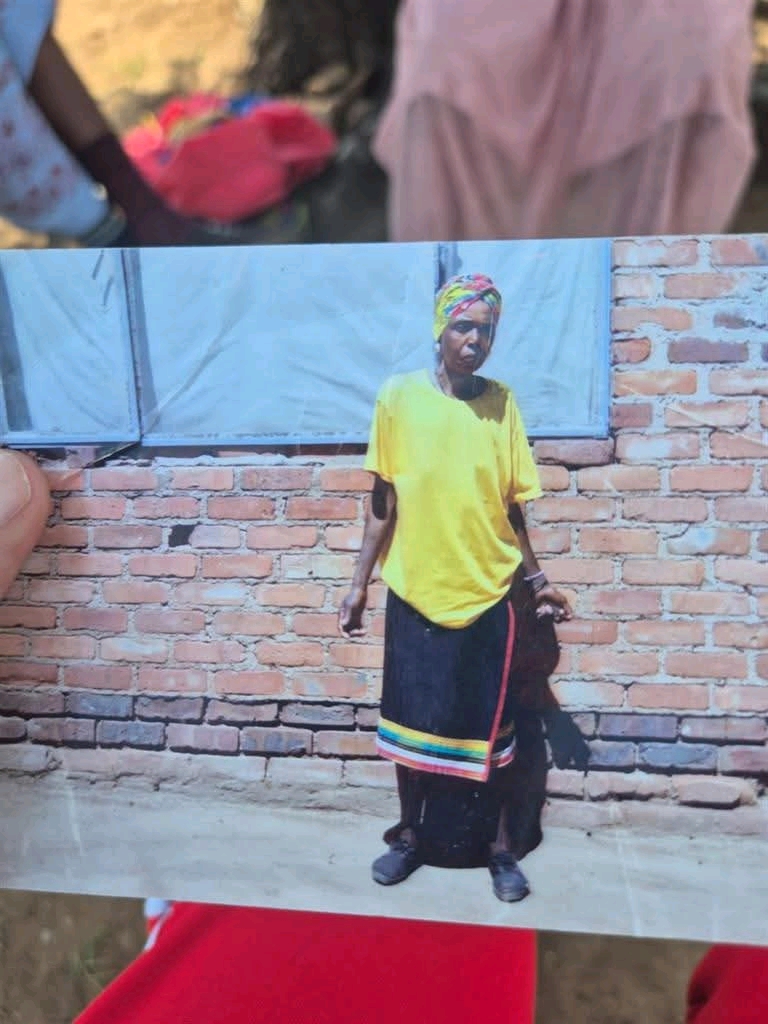
Recent reports from *Swaziland News* have revealed disturbing allegations that King Mswati III of Eswatini assaulted his wife, Inkhosikati LaMbikiza. These allegations have emerged after the Queen reportedly questioned the legitimacy of King Mswati’s children, Princess Sikhanyiso and Prince Pigolizui. The confrontation, revolving around the royal family’s paternity issues, allegedly led to a violent altercation between the monarch and his wife.

### The Alleged Assault and Its Impact
According to a spokesperson for the Swaziland Solidarity Network (SSN), photographic evidence has surfaced showing injuries sustained by Queen LaMbikiza during the alleged assault. Reports suggest that the Queen lost several teeth during the incident, underlining the severity of the attack. Following the assault, Inkhosikati LaMbikiza is reportedly receiving medical treatment in South Africa for her injuries. These revelations have sparked an outcry both within Eswatini and internationally, raising serious concerns about the treatment of women within the royal household.
### A Pattern of Abuse and Control?
This is not the first time that allegations of abuse have been linked to King Mswati III. Other queens in the royal family have reportedly been subjected to mistreatment, with accusations that the King is both jealous and overly possessive of his wives. Such behavior, if substantiated, points to a deeply authoritarian and controlling nature that has allegedly contributed to strained relationships within the royal family.
These allegations suggest a disturbing pattern of abuse within Eswatini’s monarchy. Despite King Mswati’s significant power and influence—he governs both the kingdom and its government—the fact that such abuse continues raises questions about the lack of accountability and checks on his actions. The absolute power he wields makes it difficult for victims of abuse to speak out or seek justice, as the royal family is largely shielded from scrutiny.
### Growing Public Outcry and Calls for Investigation
The case of Inkhosikati LaMbikiza has caught the attention of human rights organizations, with many demanding an independent investigation into the allegations. Activists and women’s rights advocates have expressed concern about the treatment of women within Eswatini, especially those in positions of power and authority. The abuse of royal wives, if proven to be a recurring issue, would highlight broader human rights violations and systemic inequality within the kingdom.
The lack of significant repercussions for King Mswati and the absence of substantial governmental action to address the situation have fueled calls for reform. The international community is urged to exert pressure on Eswatini’s government to investigate these allegations thoroughly and ensure justice for the victims.
### A Broader Human Rights Issue
Beyond the immediate concerns regarding the royal family, these allegations shed light on the broader issue of human rights in Eswatini. The treatment of women in the kingdom, particularly those associated with the monarchy, needs to be addressed to prevent further abuse. As the case unfolds, there is widespread hope that the government will take meaningful action, ensuring that justice is served and that such abuses are not allowed to continue.
While King Mswati has yet to face significant consequences for his alleged actions, the growing public outcry has put increased pressure on the monarchy. International observers are now closely monitoring how the situation develops, hoping for a fair and transparent investigation into these serious claims.
### Conclusion
If the allegations against King Mswati III are proven to be true, they will not only expose the abusive nature of the royal family but also reveal deeper issues of power abuse and gender inequality within Eswatini’s society. The treatment of women in positions of influence, both in the royal household and across the nation, must be addressed to ensure justice and equality for all.





